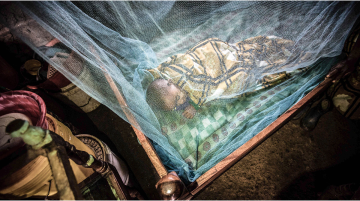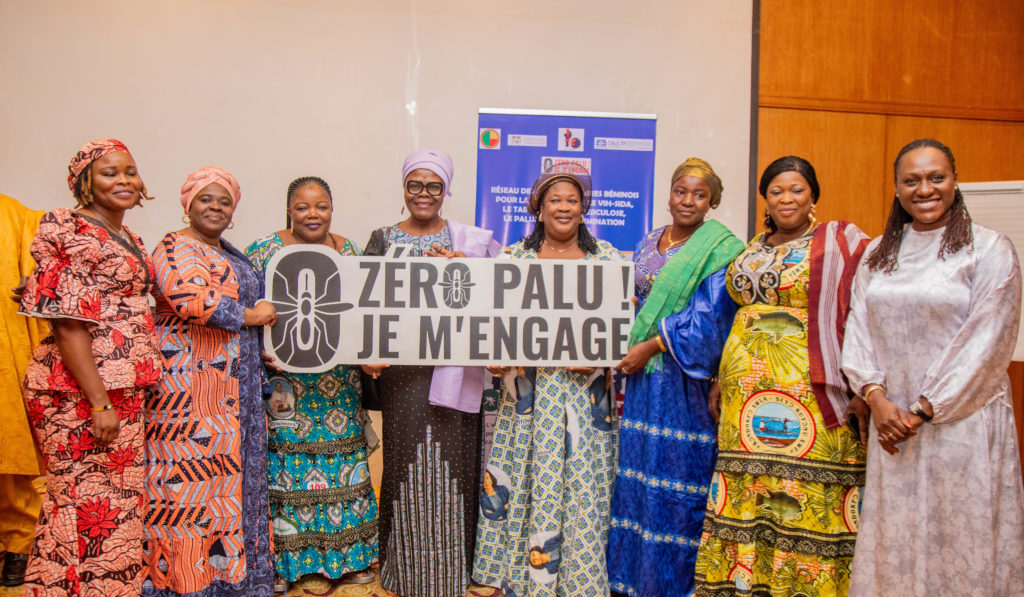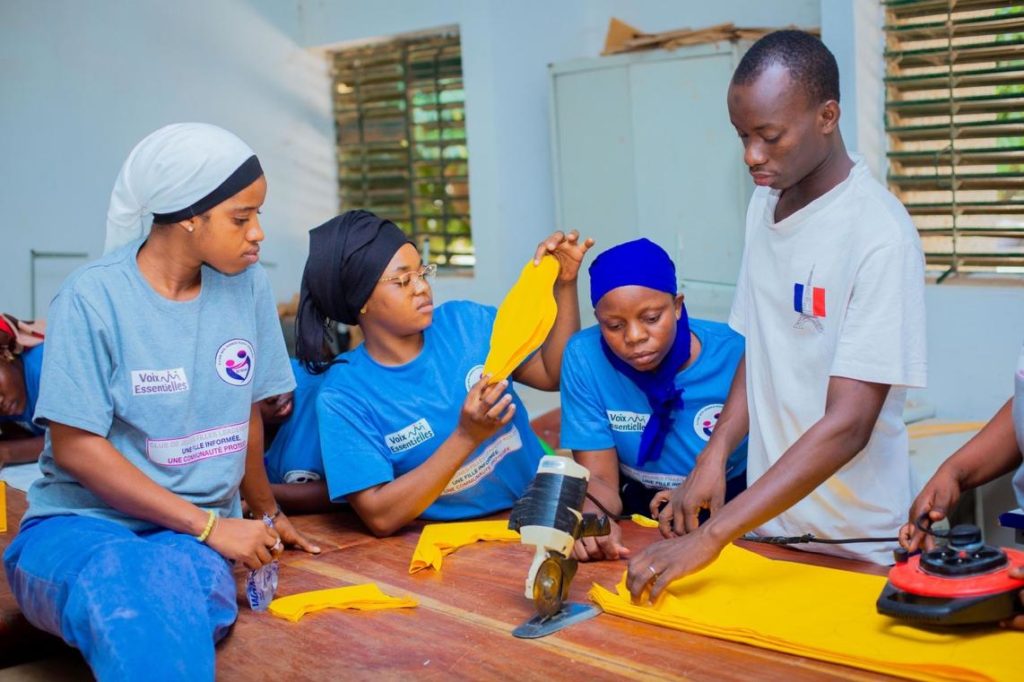Innovative funding, a key strategy in the fight against malaria

On the occasion of World Malaria Day, Speak Up Africa and its partners reiterate the urgency to mobilize communities, political leaders and private businesses to develop and support innovative funding initiatives to end malaria.
Significant progress has been made in the control of malaria through joint efforts of global actors and national programs. According to World Health Organization (WHO), 185 million cases and nearly one million deaths were averted worldwide in 2021 thanks to national programs’ interventions. Despite these efforts, malaria is still a threat to populations, claiming 619,000 deaths in 2021, of which 96% occurred in sub-Saharan Africa. The annual number of malaria cases also increased from 232 million in 2019 to 247 million in 2021.
Impact of the conflict in Ukraine
At the same time, funding for malaria control and elimination does not meet the real needs in countries. The global funding for malaria control in 2021, for example, has been estimated at US$ 3.5 billion. This is less than the US$ 7.3 billion that the WHO estimated was needed to support national malaria control programs’ efforts in Africa. The rising cost of fuel due to Covid-19 and the conflict in Ukraine are impacting the supply chain, as well as the cost of transport to roll out prevention tools to populations exposed to malaria.
“Without sustained investment in malaria control, the progress made in recent decades may continue to be reversed. Our challenge today is to develop innovative approaches not only in the implementation of intervention strategies targeting the most exposed populations, in the development of innovative tools for malaria elimination, but also in the search for funding to fill the financial gaps and to invest sustainably in ending malaria.”
Dr Corine Karema, Interim CEO of the RBM Partnership to End Malaria
Diversifying funding sources
To address this challenge, the Ecobank Group, the RBM Partnership to End Malaria and Speak Up Africa launched the « Zero Malaria Businesses Leadership Initiative » to engage businesses of all sizes to contribute financially to the efforts of national malaria control programs. The initiative, which is being deployed in five African countries (Benin, Burkina Faso, Senegal, Ghana, and Uganda), has mobilized 60 companies to date and their financial and in-kind contributions amount to more than US$ 1.3 million between 2020 and 2023.
« The estimated economic losses due to malaria are US$ 12 billion each year. This is a huge loss to the development of African countries and the growth of our businesses. We believe that the private sector can and should play a key role in financing the fight against malaria. Moreover, businesses have a vested interest in participating in national malaria control efforts because a healthy population helps the country’s economy develop and allows the private sector to grow efficiently. »
Elisa Desbordes-Cissé, Chief Operating Officer of Ecobank Foundation
« It is time to take innovative and concrete measures to achieve zero malaria in African countries. Through the mobilization of resources, businesses are contributing to the achievement of national targets and can inspire other partners to join efforts to eliminate the disease on the continent once and for all. »
Yacine Djibo, Executive Director of Speak Up Africa
On the occasion of World Malaria Day, the Ecobank Group, the RBM Partnership to End Malaria and Speak Up Africa are calling on companies to join the « Zero Malaria Businesses Leadership Initiative » to support the fight against malaria in their country to:
- Accelerate economic development in a sustainable and equitable manner
- Stop children dying from this entirely preventable and treatable disease
- End this eliminable illness by leveraging your company’s skills and resources
A malaria-free Africa by 2030 is only possible with the support of the private sector!


